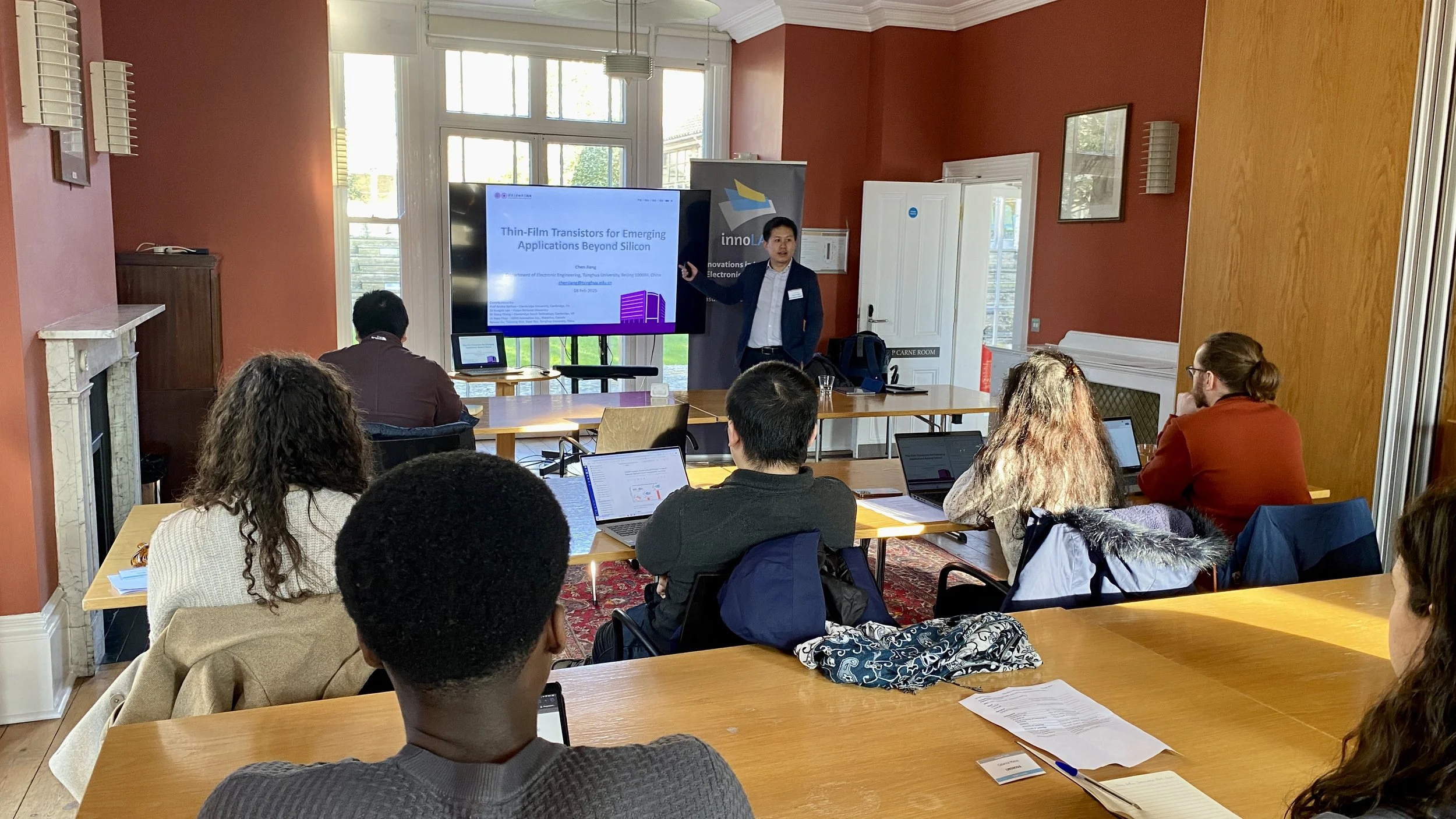Short Course - Self-Healing Electronic Materials
Tuesday 17 February 2026
Cripps Court Conference Centre, Magdalene College, Cambridge, UK
COURSE FOCUS
This course introduces the emerging field of self-healing electronic materials, which are driving innovation in next-generation devices. Self-healing materials can repair mechanical damage either spontaneously or through external triggers, enabling longer device lifetimes and reducing electronic waste. Although the concept of mechanical self-repair has been studied for decades, its integration into electronic systems is relatively recent and particularly relevant for applications in biomimetics, artificial skin, wearable electronics, soft robotics, energy devices, and environments where repair is difficult—such as implants, underwater systems, and space technologies.
The session will review the design of self-healing electronic composites, which combine a polymer matrix providing the healing function with conductive fillers such as metal nanoparticles, nanocarbons, silver nanowires, liquid metals, or conducting polymers. Special emphasis will be given to conducting polymers like PEDOT:PSS, which offer advantages in processing, uniform mixing with polymers, and compatibility with green solvents. Case studies will illustrate how these materials can be formulated into recyclable and printable conductors. The course will also address key challenges, including achieving the optimal balance between mechanical and electrical properties and improving our understanding of the chemical and physical mechanisms behind self-healing.
COURSE OUTLINE
Tuesday 17 February 2026
08:30 – 09:00 Registration
09:00 Course begins
· Introduction & Motivation
o Need for durable, sustainable electronics
o Benefits of self-healing materials: lifetime extension, reduced e-waste
· Fundamentals of Self-Healing Materials
o Mechanisms: spontaneous vs. triggered healing
o Historical development and emergence in electronics
· Key Applications
o Biomimetics, artificial skin, wearable electronics
o Soft robotics, energy systems, and extreme environments
· Material Design Strategies
o Polymer matrices and conductive fillers
o Advantages of conducting polymers (e.g., PEDOT:PSS)
· Processing & Fabrication
o Green/aqueous solvent formulations
o Scalable printing and manufacturing approaches
· Challenges & Future Directions
o Balancing conductivity and mechanical properties
o Improving understanding of healing mechanisms
o Opportunities for recyclable, circular electronics
· Discussion & Q&A
o Open questions, participant interaction, future collaboration opportunities
12:30 Course ends
COURSE LEADER
Prof Fabio Cicoira, Professor, Department of Chemical Engineering
Polytechnique Montreal, Canada
Fabio Cicoira, Ph.D., FRSC, is an internationally recognized leader in flexible, stretchable, and self-healing electronics and a Full Professor in the Department of Chemical Engineering and the Institute of Biomedical Engineering at Polytechnique Montréal. With an h-index close to 50 and more than 8,000 citations, he has made pioneering contributions that have shaped the fields of organic bioelectronics, self-healing materials, and organic electrochemical transistors (OECTs). He is the author of over 110 publications in the world’s top journals, including Advanced Materials, npj Flexible Electronics, Materials Horizons, Advanced Functional Materials, Chemistry of Materials, ACS Applied Materials & Interfaces, Advanced Healthcare Materials and Acta Biomaterialia. He is a sought-after speaker, having delivered more than 30 invited lectures at major international conferences and over 30 invited seminars at leading universities and national laboratories worldwide. Prof. Cicoira was the recipient of the prestigious Marie Curie International Outgoing Fellowship (European Union, 2007–2010), was Invited Professor at ETH Zürich in 2019, and was elected Fellow of the Royal Society of Chemistry (FRSC) in 2021. He has built an exceptional funding record, securing multi-million-dollar support from the Natural Sciences and Engineering Research Council of Canada (NSERC), Defence Canada, the Canada Foundation for Innovation, and multiple industrial partners, fueling cutting-edge, interdisciplinary research at the interface of materials science, sustainability, and next-generation electronics.


